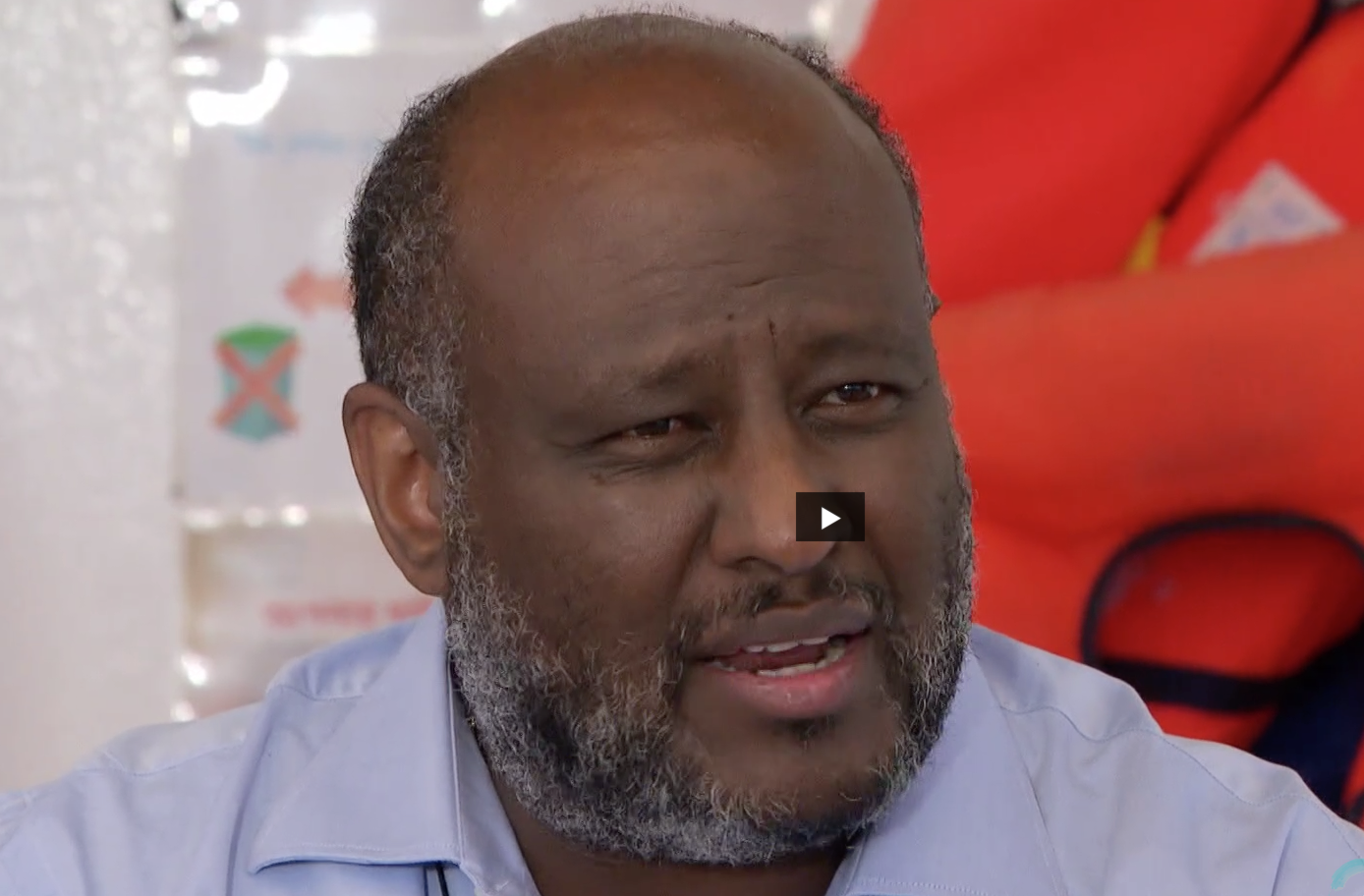Scientific and legal elements :
Since 1999, the legislator has developed three axes: access to palliative care, physician-patient co-responsibility and prevention of therapeutic relentlessness.
Palliative care is defined as “acute and continuing care provided by an interdisciplinary team in an institution or at home. They aim to relieve pain, alleviate psychological suffering, safeguard the dignity of the sick person and support those around him. The law of June 9, 1999 establishes a right of access to palliative care to any person whose condition requires it. The law of 22 April 2005 (“Léonetti Law”) requires the compulsory inclusion of a palliative care chapter in multi-year contracts concluded between health care institutions and the public supervisory authorities. The law of 2 February 2016 (“Léonetti-Claeys Law”) includes education on palliative care in the “initial and continuing training” of health professionals (article 1). The implementation of access to palliative care is supported by multi-year plans but remains insufficient[2], despite the recommendations of the National Consultative Ethics Committee (cf. Opinion n°108).
The law of 4 March 2002 establishes a doctor-patient co-responsibility: “Every person, together with the health professional and taking into account the information and recommendations he provides, takes decisions concerning his health… No medical act or treatment can be performed without the free and informed consent of the person and this consent may be withdrawn at any time[3]. In case the patient is unable to express his will, the doctor, before any intervention or investigation, must consult the “trusted person” designated in advance by the patient or family, or failing that one of his relatives.
The Act of 22 April 2005 adds to this provision the possibility for any adult to “draft advance directives in the event that one day he is unable to express his will”. It reinforces the role of the “trusted person”. It makes a “collegial procedure” compulsory before the doctor decides to limit or stop treatment likely to endanger the life of a patient who is unable to express his will. Finally, it gives the patient the possibility to refuse or interrupt any treatment. However, the doctor must try to convince him to accept “essential care”.
The law of 2 February 2016 (with its implementing decrees of 5 August) accentuates the authority of the patient, by deciding that advance directives are binding on the doctor, except in cases of vital emergency or if the doctor, after a collegial procedure, considers that they are “manifestly inappropriate or not in conformity with the medical situation” (article 8).
In order to avoid therapeutic relentlessness, in line with the 2002 law, the 2005 law adds to the duty not to engage in “disproportionate care” the duty to avoid “unreasonable obstinacy[4]”. When suffering becomes too heavy to bear “in the advanced and terminal phase of a serious and incurable disease”, the law even allows the physician, if there is no other way to relieve the suffering, to implement a sedation[5] which may have the secondary effect of shortening the patient’s life. The 2016 law authorizes under certain conditions “a deep and continuous sedation causing an alteration of consciousness maintained until death”. It is then accompanied by analgesia, i.e. the treatment of pain.
According to CCNE, the debate is once again open on the legalization of assisted suicide.
Anthropological and Ethical Issues
The 2016 law was passed while the application of the previous 2005 law was far from being generalised. More than moving towards a new law, we must ensure the proper application of the very recent law, first in the sense of developing a true palliative culture. Palliative care is an expression of medicine that respects patients at the end of life and considers their dignity as inalienable[6]. They are “essential” to medical practice[7]. They involve regular dialogue between caregivers, patients and their families, as well as within the medical team itself. It is in such dialogue that the application of “advance directives” can serve the patient. To encourage the time needed for accompaniment and the singular colloquium, the current funding system that favours the activities asked for should be reviewed[8].
The 2016 law, by explicitly legislating the exceptional medical practice of “deep and continuous sedation” until death, reinforces the requirement of good practices in this field, to avoid any confusion between sedation accompanying the end of life and sedation that deliberately causes death. All the more so when this sedation is accompanied by analgesic treatments as well as the cessation of nutrition and diet. On this subject, the Société Française d’Accompagnement et de Soins Palliatifs has published reference documents[9].
The debate on assisted suicide is therefore reopened. According to CCNE, this practice consists “in giving a person the means to kill himself”. It mobilises the intervention of others but “places the responsibility for the final act on the person who asks for it[10]”. This would be “pharmacological-pharmacological suicide assistance[11]”, since the presence of the physician is not required when the lethal substance is voluntarily absorbed.
The request for its legalization is based first of all on the will to respect the autonomy of the patient. However, autonomy cannot be an absolute value that isolates the patient: “The human being, from the beginning of his existence, is a’being in relation’. Autonomy is relational. It is exercised freely in the confident surrender of oneself to another who remains attentive to the integral respect of one’s dignity. Weakness makes even greater use of relationship and trust. Particularly painful agonies are then invoked. Yet “the dying person does not usually ask to die. Unconscious, even if he complains, he does not suffer more often[13]. It is true that agony that lasts can become intolerable for the family. But should the dying person’s life be ended to relieve the loved ones?
Permitting “assisted suicide” would create “a deliberate break in the social bond. It would be in contradiction with suicide prevention efforts (see O.N.S.), and risks locking those concerned in despair. It would involve the cooperation of caregivers and pharmacists in an act leading to death, and implicit recognition of the patient’s loss of dignity. However, it is always advisable to encourage a “responsible proximity” which takes care of the person in his dignity without shortening his life and without fighting unnecessarily against his death[15].
February 1, 2018
[1] Article L. 1110-10 du Code de la santé publique (CSP).
[2] En octobre 2017, le « Plan national 2015–2018 pour le développement des soins palliatifs et l’accompagnement en fin de vie » n’avait atteint que 50% de ses objectifs.
[3] CSP Art. L.1111–4.
[4] Cf. Jacques Ricot, Penser la fin de vie, EHESP, 2017, p. 135–145.
[5] Emploi de médicaments qui provoquent un état inconscient. Une sédation bien conduite n’abrège pas la vie.
[6] Voir Jacques Ricot, Penser la fin de vie, op. cit., p. 259–290.
[7] Conseil de l’Europe, Résolution 1649, 28 janvier 2009.
[8] Cf. Mme Agnès Buzyn, Ministre des solidarités et de la santé, à Rennes le 4 janvier 2018, a évoqué une recherche pour établir un financement à partir du « parcours de soin » plutôt qu’à partir de « l’activité ».
[9] http://www.sfap.org/rubrique/les-recommandations-sur-la-sedation
[10] CCNE, Avis n°121, Fin de vie, autonomie de la personne, volonté de mourir, 13 juin 2013, p. 41.
[11] CCNE, Avis n°121, p. 42.
[12] Mgr Pierre d’Ornellas et alii, Fin de vie, un enjeu de fraternité, Salvator, 2015, p. 87–100.
[13] A. KAHN, L’ultime liberté ?, Plon, 2008, p. 31–32. Voir aussi Fin de vie, un enjeu…, op. cit., p. 108–117.
[14] Mgr Pierre d’Ornellas, audition au Conseil Économique, Social et Environnemental, Jeudi 11 janvier 2018. Voir aussi Catéchisme de l’Église Catholique, n. 2280–2283.
[15] Cf. Message du pape FRANÇOIS, 18 novembre 2017 : http://www.soissons.catholique.fr/wp-content/uploads/sites/13/2017/12/171122-LC-2017–40-01-Message-du-Pape-Francois-Fin-de-vie-nov.-2017.pdf






